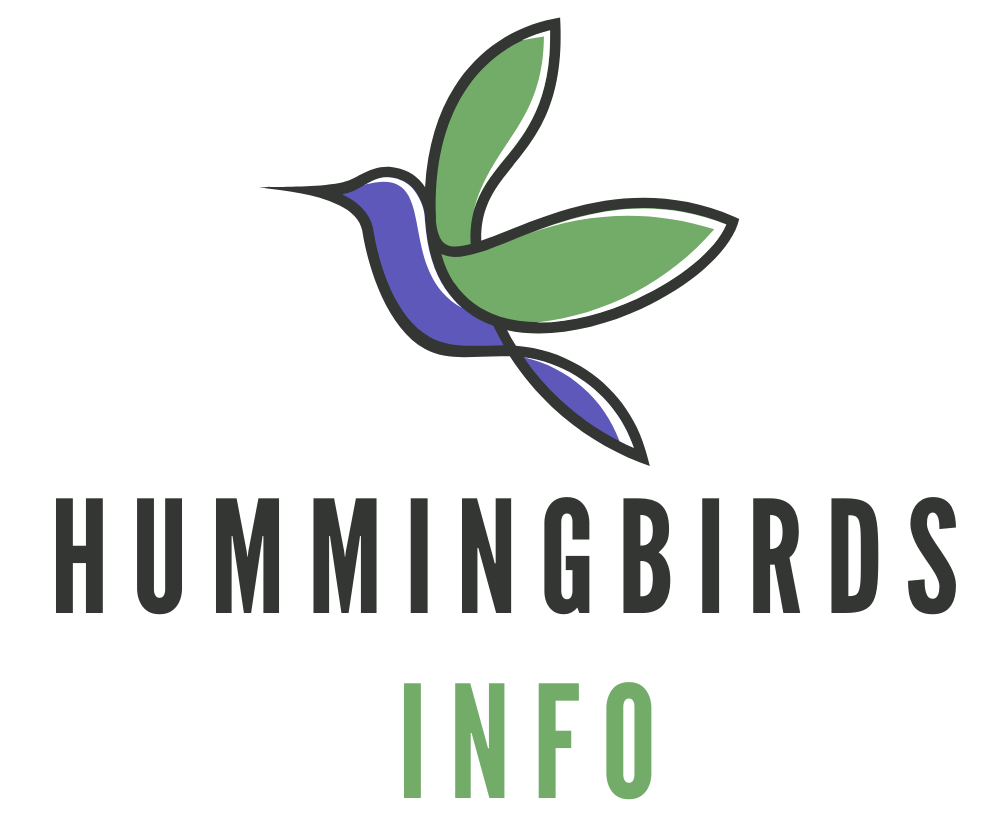do hummingbirds eat wasps? This is a question that many people have asked, and the answer is not as straightforward as you might think. Hummingbirds are small, nectar-feeding birds that are found in many parts of the world. They feed on a variety of insects, including wasps, but they do not actively seek out wasps as a food source. Instead, they may accidentally consume wasps while feeding on nectar from flowers. In this article, we will explore the relationship between hummingbirds and wasps, and discuss whether or not hummingbirds actually eat wasps.
What Do Hummingbirds Eat Besides Nectar?
In addition to nectar, hummingbirds also feed on a variety of other food sources. These include small insects and spiders, which provide them with essential proteins and fats. Hummingbirds also feed on tree sap, which is a source of carbohydrates and minerals. They may also feed on small fruits, such as blueberries, raspberries, and blackberries. Hummingbirds also enjoy the sweet nectar of flowers, such as honeysuckle, columbine, and petunias. Additionally, they may feed on sugar water from hummingbird feeders.
How to Attract Hummingbirds to Your Garden
Attracting hummingbirds to your garden can be a rewarding experience. Hummingbirds are beautiful, fascinating creatures that can bring a unique element of life to your outdoor space. To make your garden a hummingbird haven, there are a few steps you can take.
First, provide a source of food. Hummingbirds feed on nectar from flowers, so planting a variety of flowers that produce nectar is essential. Some of the best flowers for attracting hummingbirds include columbine, bee balm, petunias, and trumpet vine. You can also purchase hummingbird feeders and fill them with a sugar water solution.
Second, provide a source of water. Hummingbirds need water to drink and bathe in. A birdbath or shallow dish filled with water is ideal. You can also hang a mister or dripper near the feeder to provide a steady source of water.
Third, provide shelter. Hummingbirds need a safe place to rest and nest. Planting shrubs and trees that provide cover and nesting sites is a great way to attract hummingbirds. You can also hang nesting boxes in your garden.
Finally, keep your garden free of pesticides and other chemicals. Hummingbirds are sensitive to toxins, so it’s important to keep your garden free of any chemicals that could harm them.
By following these steps, you can create a hummingbird-friendly garden that will attract these beautiful birds. With a little effort, you can enjoy the beauty and wonder of hummingbirds in your own backyard.
The Benefits of Having Hummingbirds in Your Yard
Hummingbirds are a delightful addition to any garden or yard. These tiny birds are known for their vibrant colors and their ability to hover in mid-air as they sip nectar from flowers. Having hummingbirds in your yard can bring a variety of benefits, from providing a source of entertainment to helping to pollinate your plants.
One of the most obvious benefits of having hummingbirds in your yard is the sheer joy of watching them. Hummingbirds are incredibly agile and can move in a variety of directions with ease. Watching them flit from flower to flower can be a mesmerizing experience. Additionally, hummingbirds are known for their vibrant colors, which can add a splash of color to your garden.
Another benefit of having hummingbirds in your yard is that they can help to pollinate your plants. Hummingbirds feed on nectar from flowers, and in the process, they transfer pollen from one flower to another. This helps to ensure that your plants are able to reproduce and thrive.
Finally, having hummingbirds in your yard can help to attract other wildlife. Hummingbirds are a food source for other animals, such as bats and some species of birds. This can help to create a more diverse and vibrant ecosystem in your yard.
In conclusion, having hummingbirds in your yard can bring a variety of benefits. From providing a source of entertainment to helping to pollinate your plants, these tiny birds can be a delightful addition to any garden or yard.
Q&A
1. do hummingbirds eat wasps?
No, hummingbirds do not eat wasps. Hummingbirds feed on nectar from flowers and small insects, such as aphids and spiders.
2. What Do Hummingbirds Eat Instead of Wasps?
Hummingbirds feed on nectar from flowers and small insects, such as aphids and spiders. They also eat small amounts of tree sap, fruit, and even small insects like mosquitoes and gnats.
3. Are Wasps a Threat to Hummingbirds?
No, wasps are not a threat to hummingbirds. Hummingbirds are able to avoid wasps by flying away quickly. Wasps may be attracted to the nectar that hummingbirds feed on, but they are not a direct threat to the birds.
Conclusion
In conclusion, hummingbirds do not eat wasps. Hummingbirds are nectarivores, meaning they feed on nectar from flowers. Wasps are carnivores, meaning they feed on other insects. Hummingbirds and wasps do not share the same diet, so hummingbirds do not eat wasps.
